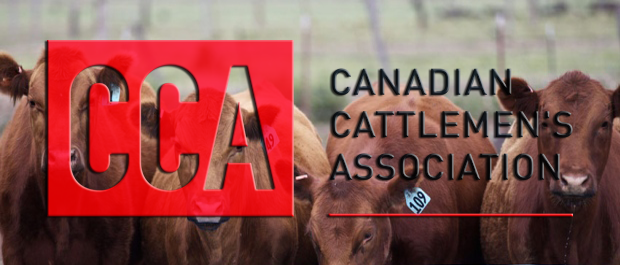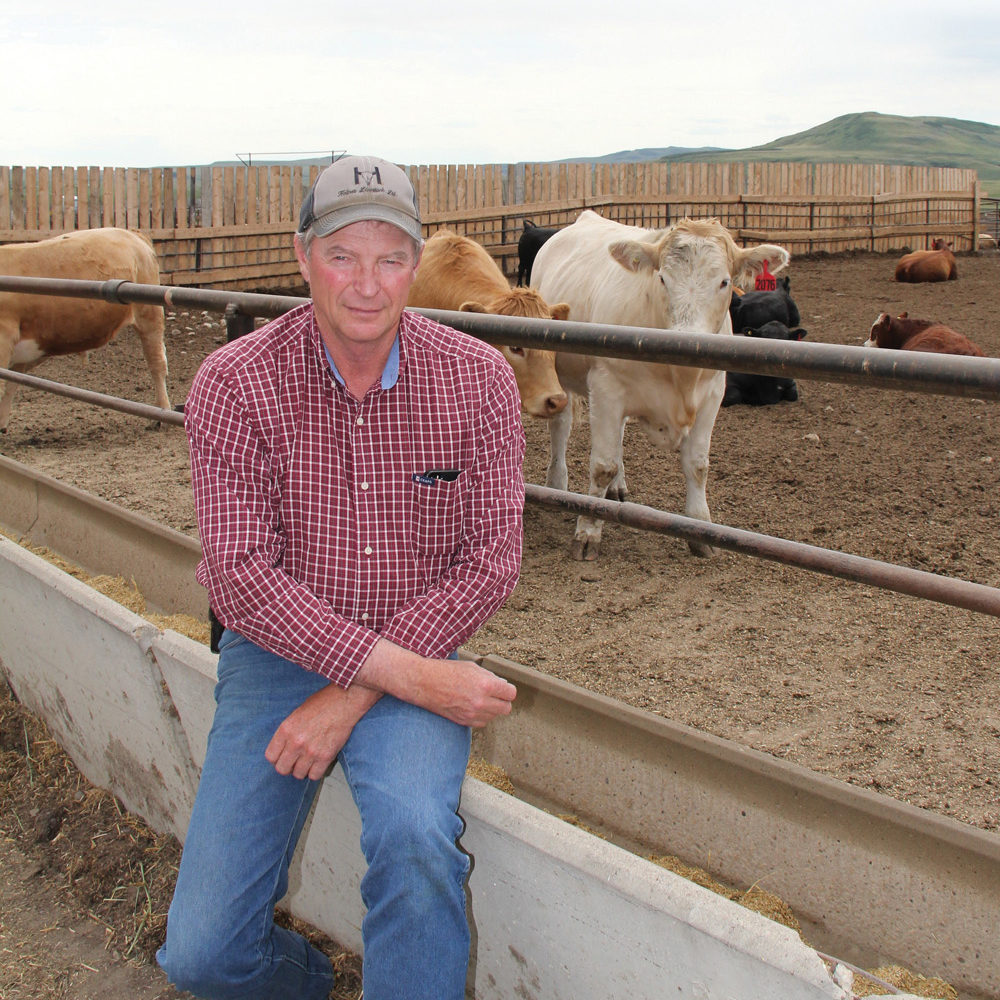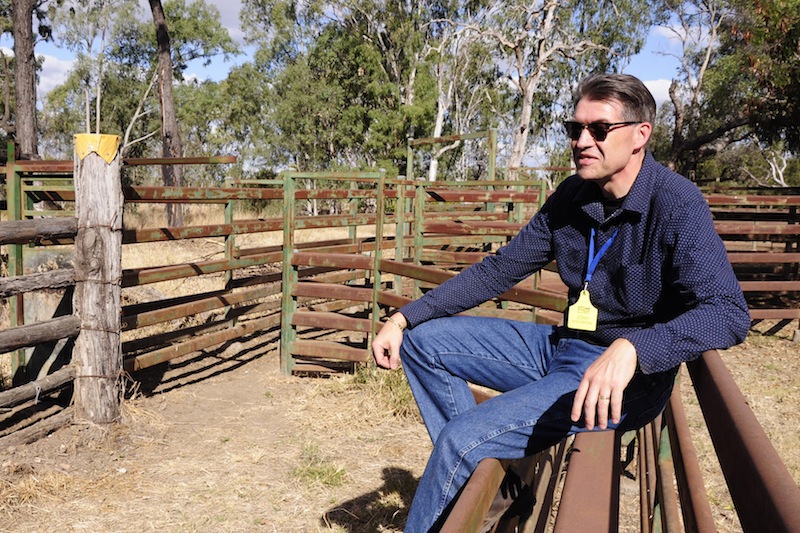CCA’s Lowe and Masswohl Address Standing Committee on International Trade

Canadian Cattlemen’s Association’s (CCA) Vice President, Bob Lowe, and Director of Government and International Relations, John Masswohl, were invited to address the Standing Committee on International Trade regarding Bill C-100 and the ratification of CUSMA
by Cam Patterson
Bob Lowe is no stranger to the impacts of successful trade relationships on the cattle industry. Besides his appointment with CCA, he is a rancher and feed-lot operator in southern Alberta and spoke to the committee in both his capacity as VP as well as a beef producer.
“When producers like myself sell our beef without the benefit of a duty-free trade deal in place, it’s not hard to imagine I’d get $500 less per animal,” Lowe said. “Furthermore, free access to markets around the world guarantees the meat packer is able to sell to the highest paying buyer for every available meat cut, which in turn maximizes the value producers received for their cattle.”
“The value of NAFTA and the current CUSMA cannot be over-stated with respect to the positive impact on the Canadian economy”
Bob Lowe
He went on to say the CCA has long been an advocate for free trade and open markets. Under both the previous NAFTA and now the current CUSMA ( NAFTA 2.0 for clarity sake), the beef industries in not only Canada and the United States, but also Mexico, have and will continue to have the value-added benefit of duty-free trade between our countries.
“This is how free trade should work,” Lowe reiterated.
Currently Canada exports half of its total beef production to markets around the globe with the U.S. importing 70%-75% of that export quota.
“The ratification of a free-trade deal between our three countries will guarantee that beef producers will continue to grow and prosper in each of our countries,” Lowe stated.
He went on to say the beef industries from Canada, U.S. and Mexico have jointly submitted a letter of support for the swift ratification of the free trade agreement to each of the three governments.
“The value of NAFTA and the current CUSMA cannot be over-stated with respect to the positive impact on the Canadian economy,” he said. “Today, the Canadian meat industry – Canada’s largest Ag sector – contributed $17 billion to the GDP while generating 228,000 jobs, with further growth projected on the horizon.”
John Masswohl
John Masswohl lead off his address by saying, “Going into this negotiation, we did it with the intention of keeping NAFTA the way it was, because for the most part, we were happy with it.”
He highlighted the importance of the rules of origin remaining as is in the current agreement, because the country of origin labeling dispute (COOL) cost billions of dollars to the economy between 2008 and 2015.“The Canadian Cattlemen’s Association has made use of the dispute resolutions that were in NAFTA as demonstrated with COOL, so we wanted to make sure those articles for dispute remained in CUSMA going forward,” he stated. “We were pleased to see that included.”
However, the CCA set out to have regulatory improvements such as improved border transaction efficiency spelled out in the trade agreement during the negotiations. In the end, such provisions were not included in the final agreement.
“But there are commitments of regulatory cooperation with respect to border efficiency that we were pleased to see considered in the trade deal,” Masswohl added. “Regardless, we are pleased with the NAFTA 2.0 as it currently stands and would like to see it ratified as soon as possible.”














